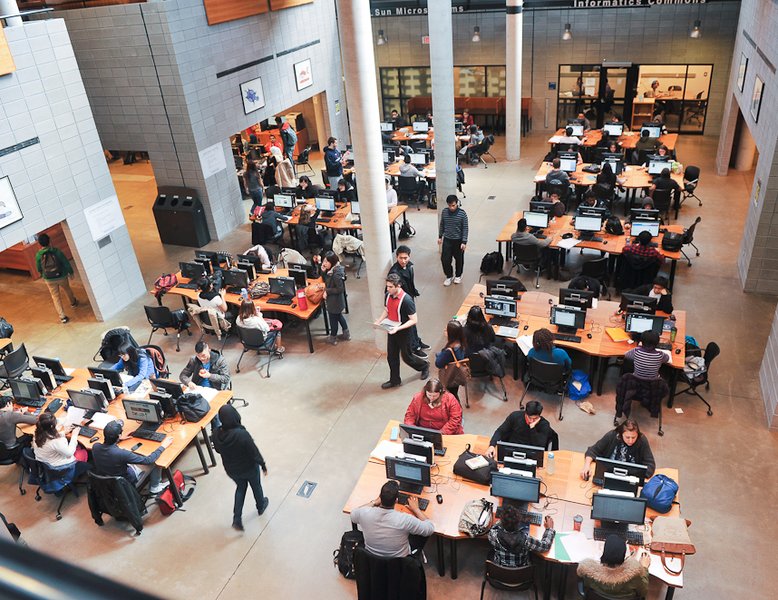Stories Through Research Spotlight: Our Languages, Our Lives and the Global Pandemic
This guest blog post is part of our Stories Through Research Series: Learning from UofT Researchers on How Students are Impacted by COVID-19. Each post in this series highlights three UofT research projects helping us understand student experiences and challenges in these unprecedented times. Each spotlight includes a blog post and scheduled zoom session for individuals from all areas of the University to come together as we listen, learn, and share important elements that must be engaged through conversation. Learn more at uoft.me/storiesthroughresearch.
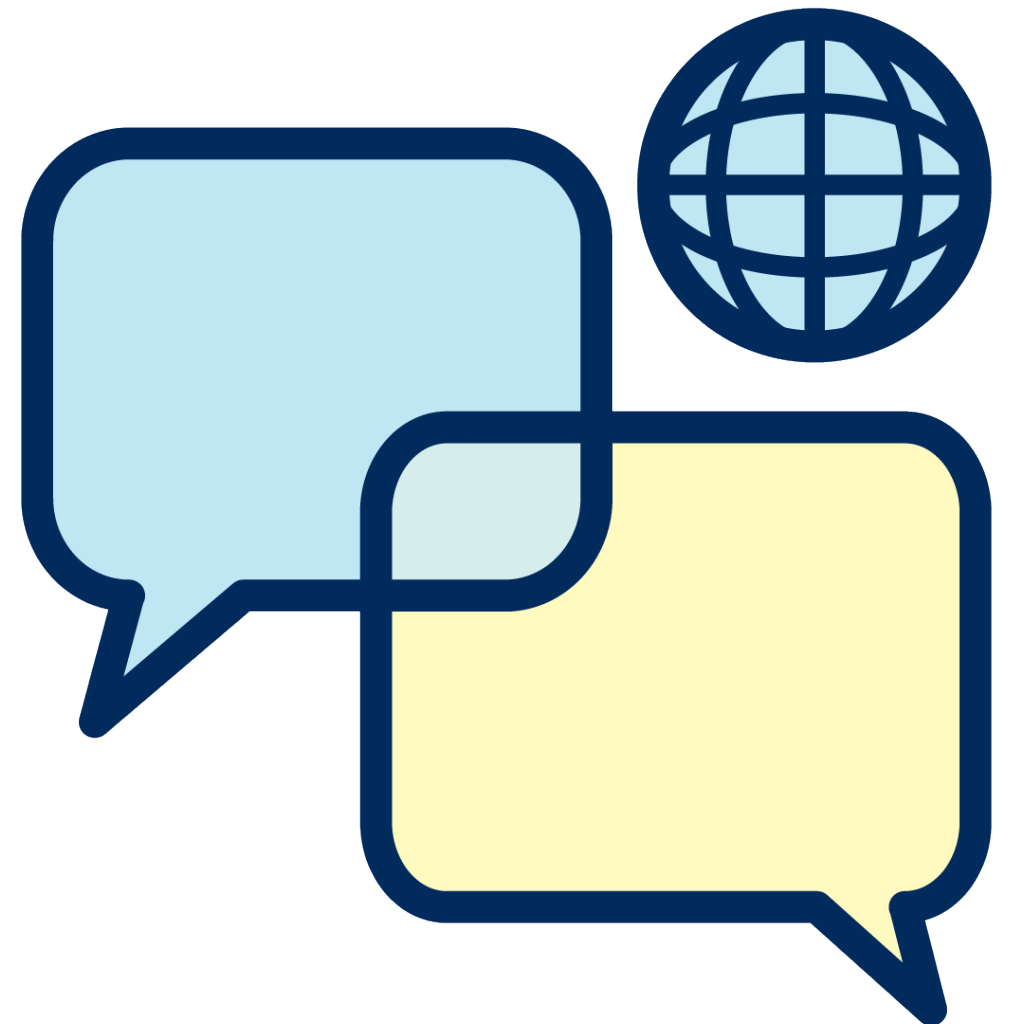
Thinking deeply about how language in students’ lives has shifted during a pandemic.
Project Team: Dr. Maya Abtahian (University of Rochester’s Department of Linguistics) and Dr. Naomi Nagy (University of Toronto’s Department of Linguistics)
To get in touch with and meet the team, come to our live zoom session next week, August 26th.
The E-Motion of Research at the Innovation Hub
By Terri-Lynn Langdon, Lead Editor and Writer – in collaboration with Johanna Pokorny (Ethnography and Insights Team Lead) and Danielle Baillargeon (Data Analysis Team Lead)
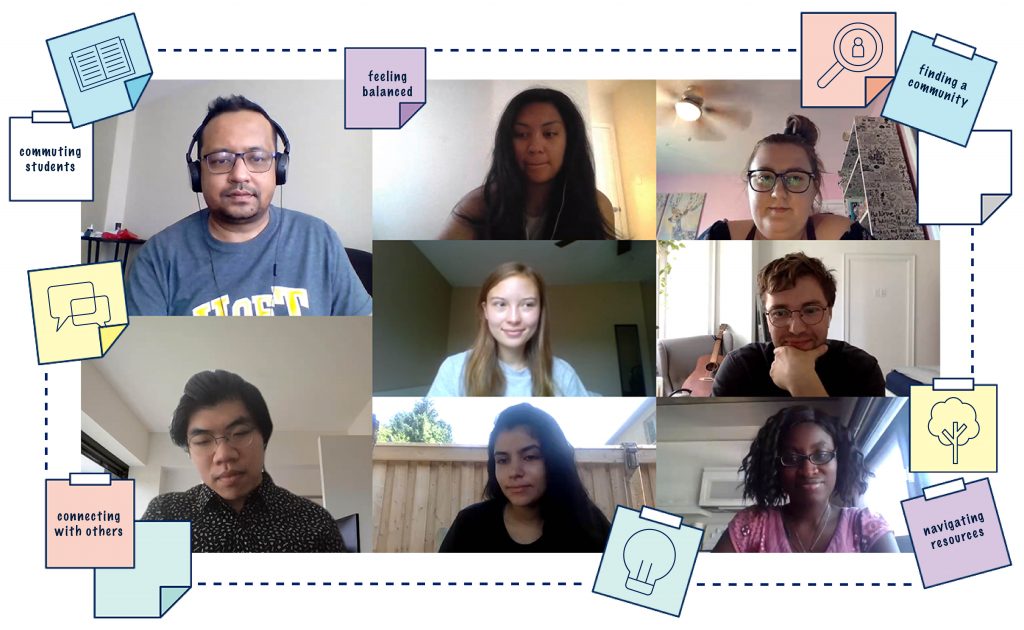
At the Innovation Hub an intended focus of our research as a by and for student research Hub at U of T is empathy and the tapestry of it in the development of our questions, writing, and its role in research findings.
[1]The research process at the Innovation Hub includes design thinking supported by ethnographic research methodology, which seek to understand people in context. Where other qualitative methods (like survey work) operate through “extracting” data, ethnography is wholistic and expanding. The goal is not to be ‘statistically significant’ but rather to identify insights and themes from a few rich and unique stories.
Centering Hope, Action and Change for National Indigenous History Month at the Innovation Hub
Written by Terri-Lynn Langdon, Editor and Writer
![]() June is National Indigenous History Month and The Innovation Hub wishes to celebrate this month and Day (June 21st) by celebrating the lives of Indigenous communities and acknowledging the richness and diversity of Indigenous knowledge, histories, and world views.1
June is National Indigenous History Month and The Innovation Hub wishes to celebrate this month and Day (June 21st) by celebrating the lives of Indigenous communities and acknowledging the richness and diversity of Indigenous knowledge, histories, and world views.1
In recent years, our work with Indigenous Student Services (also known as First Nations House) has focused on engaging with spaces, services, and needs for Indigenous students on campus. Through these projects, we collaborated these spaces from 2018-2019 to foster spheres of community on campus. The Innovation Hub then explored the core needs of services that are needed on campus for Indigenous students to feel supported and engaged throughout their respective studies. It’s through these integral community partnerships and our design thinking processes and resources that we continually work to address realities that Indigenous lives, spaces, and communities face in a Canadian context (and beyond).
The Innovation Hub is Hiring for the Summer 2020 Work Study Term!
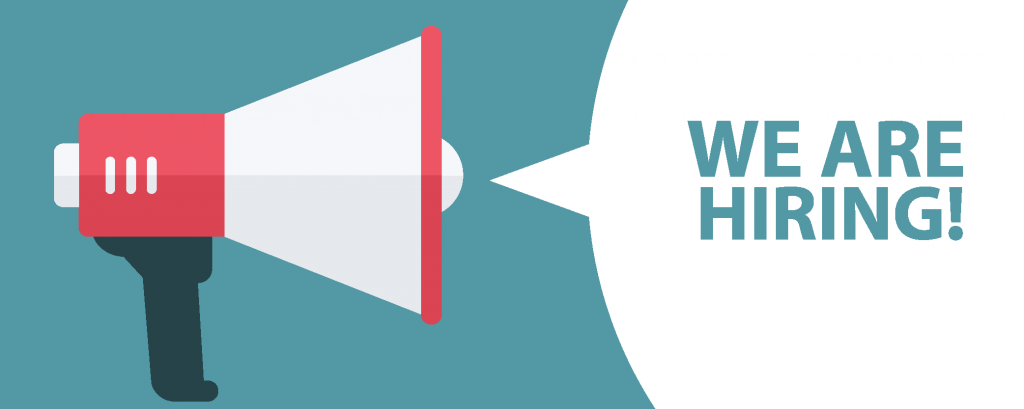

As we work and learn in these uncertain times of COVID-19, the Innovation Hub has been thinking deeply about our projects this summer, and how they can truly benefit the UofT community and beyond. We want to offer our potential team members the opportunity to both contribute to the university and learn new skills during these times. We’re looking for dedicated students who are interested in improving campus life by focusing on student needs, who want to work with design thinking inspired methods, and also have the ability to work remotely and engage in virtual project work in collaborative environments. We hope to put together a diverse team that enjoys the challenges of our work!
Please note that job postings go live April 30th, 2020.
The deadline for applying to positions is Monday, May 4th, 2020 at 11:59pm.
Read below for job descriptions, and go to the Career & Co-Curricular Learning Network and search for the work study job board to find the positions and apply.
The Many Dimensions of Space
By Cynthia Zheng, Writer
What does space mean to you? According to Dictionary.com, it’s a noun: the “expanse [where] material objects are located and […] events occur.” But it’s more than that sterile definition—it’s what constantly surrounds us, what we inhabit, and thus part of our mental and physical experience.
The Innovation Hub has conducted many projects examining the experience of space. Examples include Transforming the Instructional Landscape, Chill Spots, and the New College Dining Hall and Clara Benson Pool Gallery redesigns. Through this work, we’ve seen how the physical environment impacts us.
Towards a Culture of Caring: The Final Report of the Presidential and Provostial Task Force on Student Mental Health
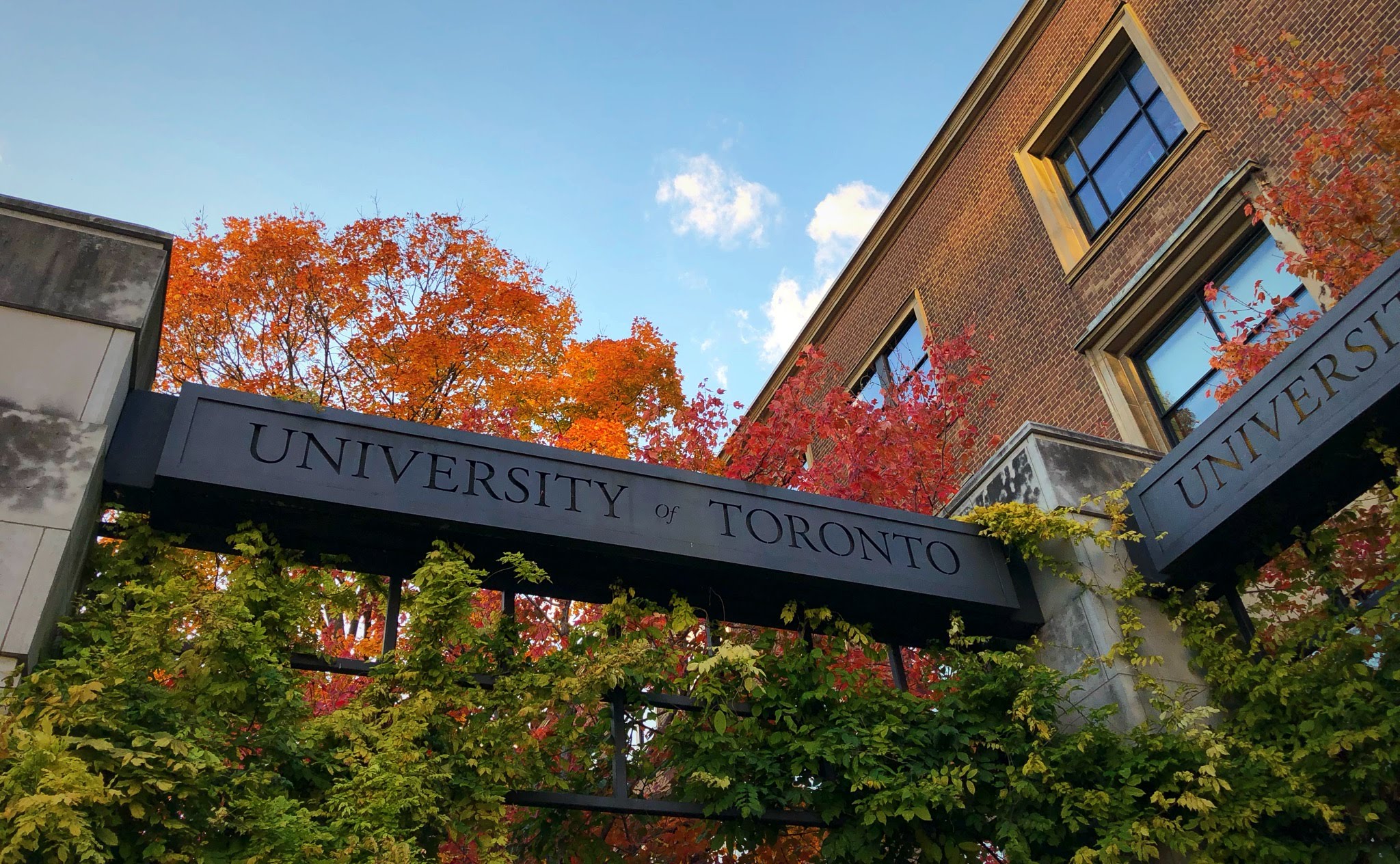
After our work last semester with the Presidential and Provostial Task Force on Student Mental Health, we are thrilled to see their recently released Final Report and the accompanying Administrative Response. As readers may remember, our Mental Health team led eleven feedback sessions for the Task Force. Our six initial events invited students to discuss their mental health experiences and informed the draft themes. A further five events collected feedback on those themes.
Mental Health Feedback Events: This is what we heard: did we miss anything?

Since September, I’ve led the Innovation Hub team working to gather student insights about mental health in partnership with the Presidential and Provostial Task Force on Student Mental Health. I’d like to personally thank everyone who came to our events in September and provided us with your thoughts. We appreciate you. We heard you and your voices matter.
View from the Inside: Shred Carefully
Continuing the View from the Inside series, we reflect on early weeks of the Design Thinking Experience Program, in which we discussed participant interviews and transcription.
In this post, we hear from Max Yaghchi, Writer. Max is a PharmD candidate volunteering with the Innovation Hub.
In September and early October, the Innovation Hub team was trained in participant interviewing, interview transcription, and participant de-identification. We want to generate data that will help us improve the student experience, while protecting participants from potential repercussions due to their involvement.
The Innovation Hub: Our Vision for 2019–20

At the Innovation Hub, we are what we do. We commit ourselves to community growth through prototyping and iteration, not only in the design projects we take on, but also in designing our own work processes. By being responsive to the changing needs of the community—both internally, within our own team, and externally, with our project partners—we continually improve our practices.
